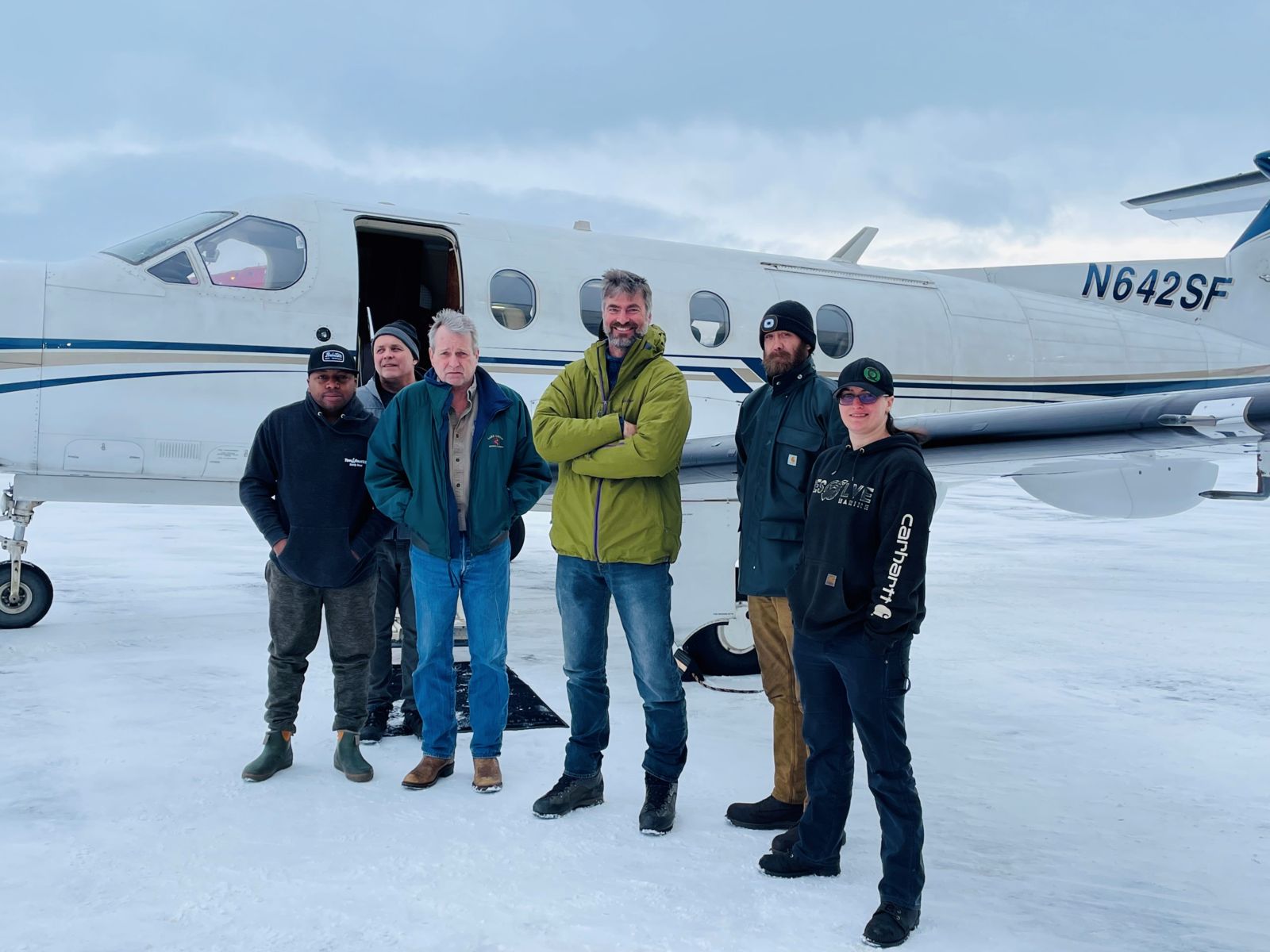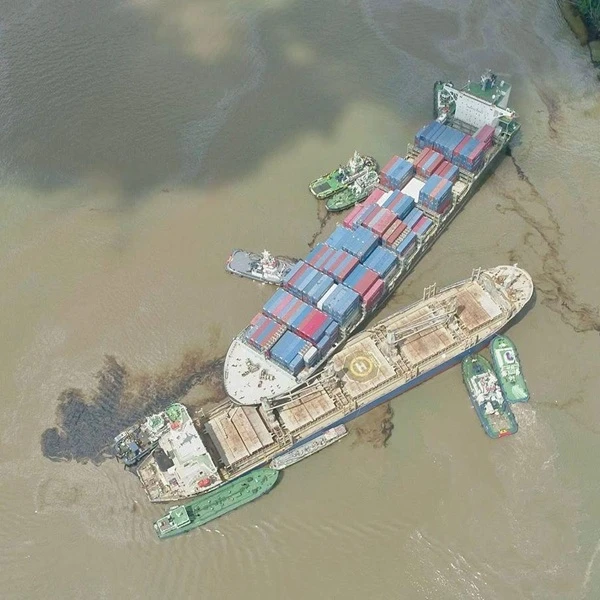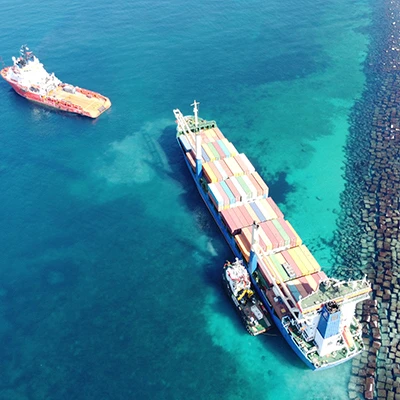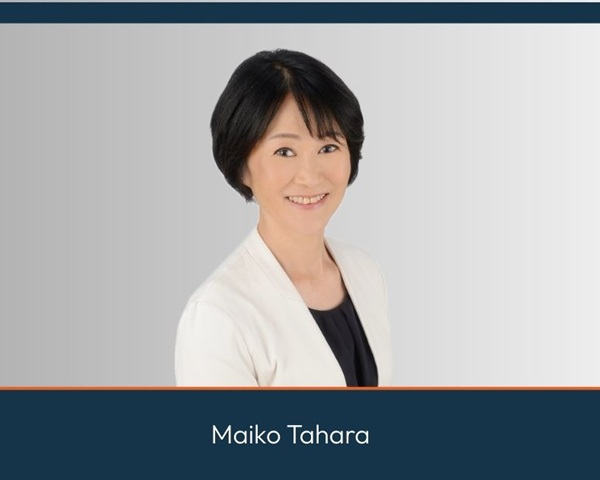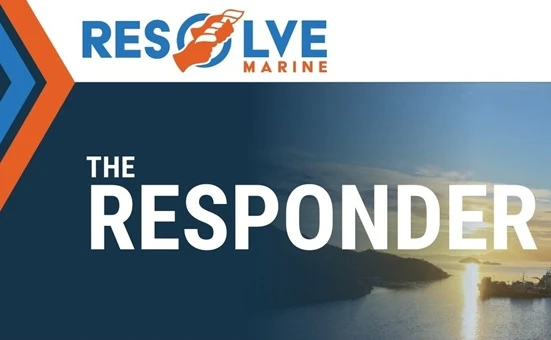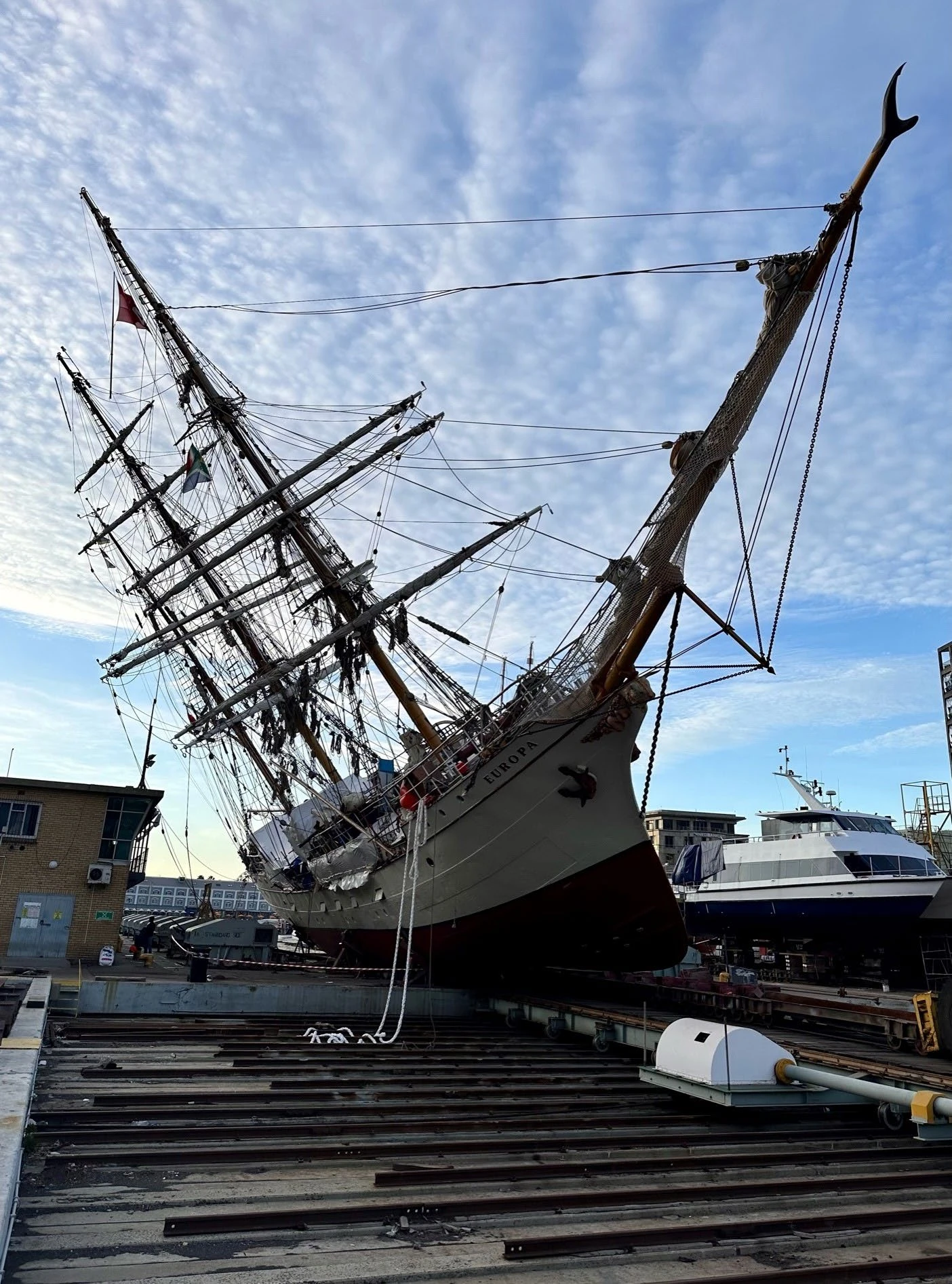
An interview with a crewmember on the Pioneer.
We sat down with Jessica Gaisbrauer, First Engineer on the Pioneer, to learn more about what she does and what it’s like to work as a mariner for Resolve Marine. She was traveling from her hometown in Eugene, Oregon to Anchorage then to Dutch Harbor, Alaska for a crew change; 60 days on followed by 60 days off. Jessica worked at Resolve Marine through June 2024.